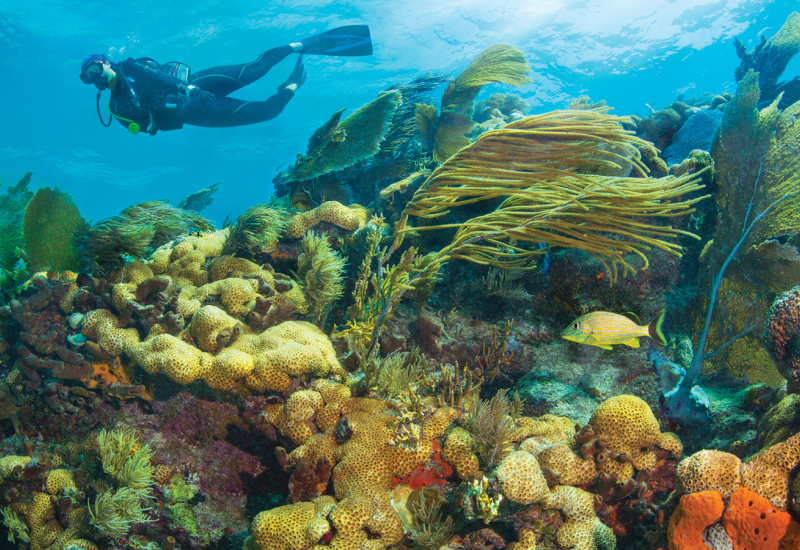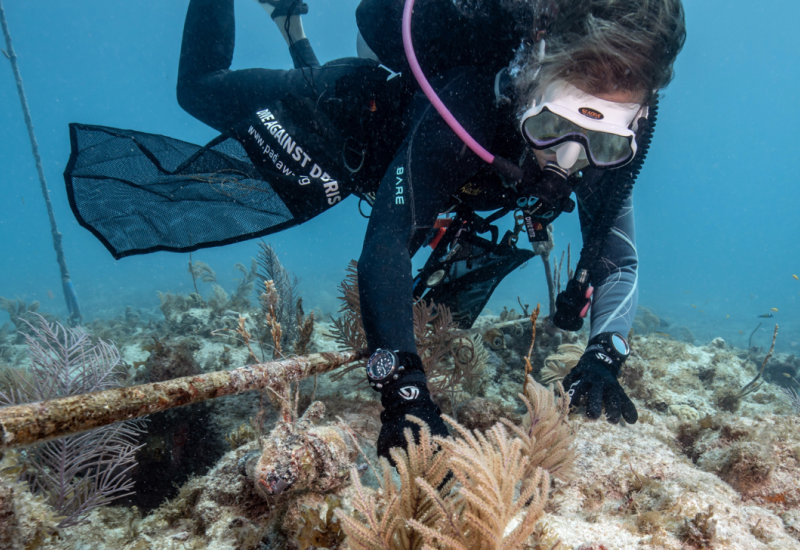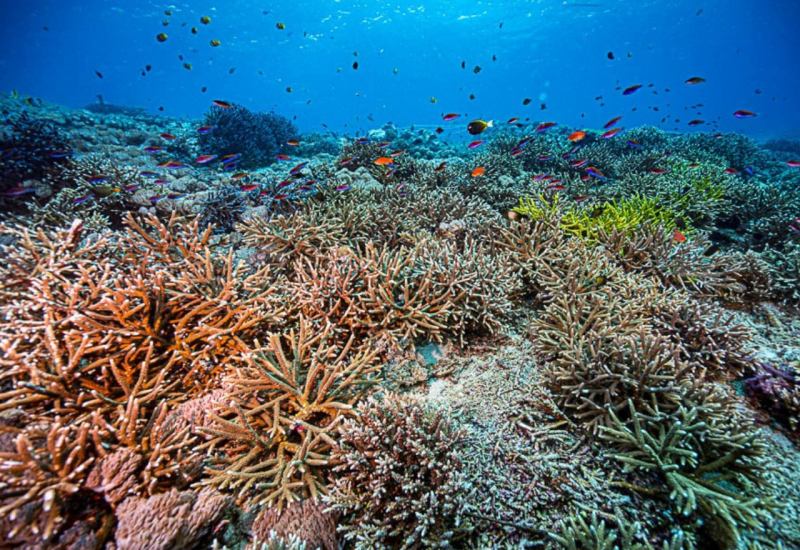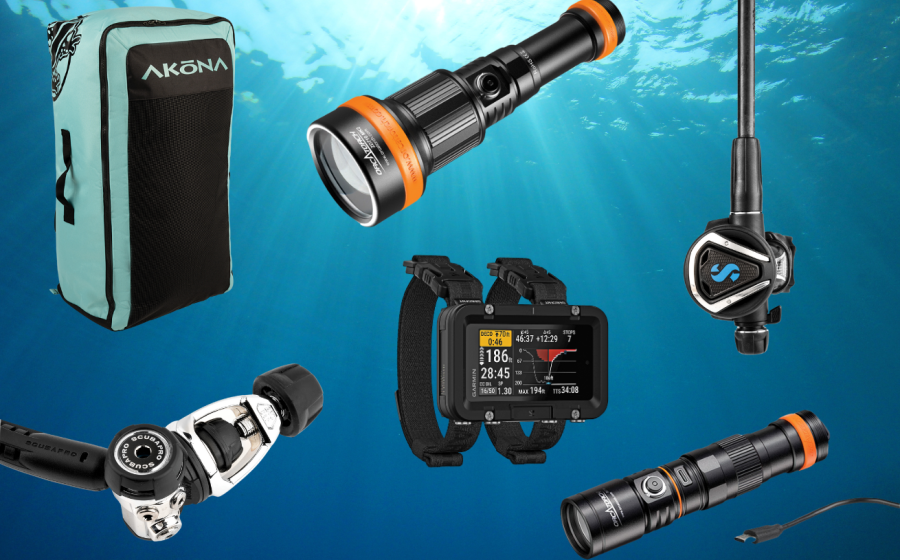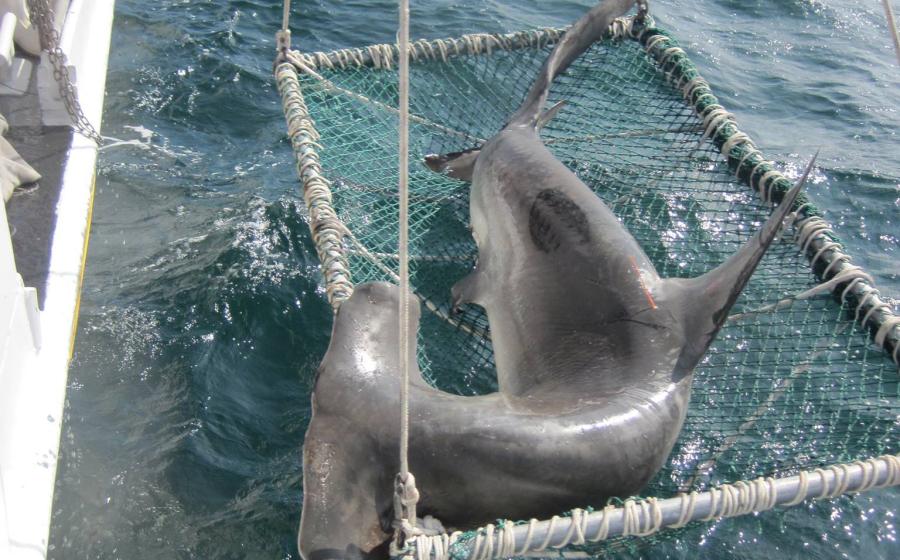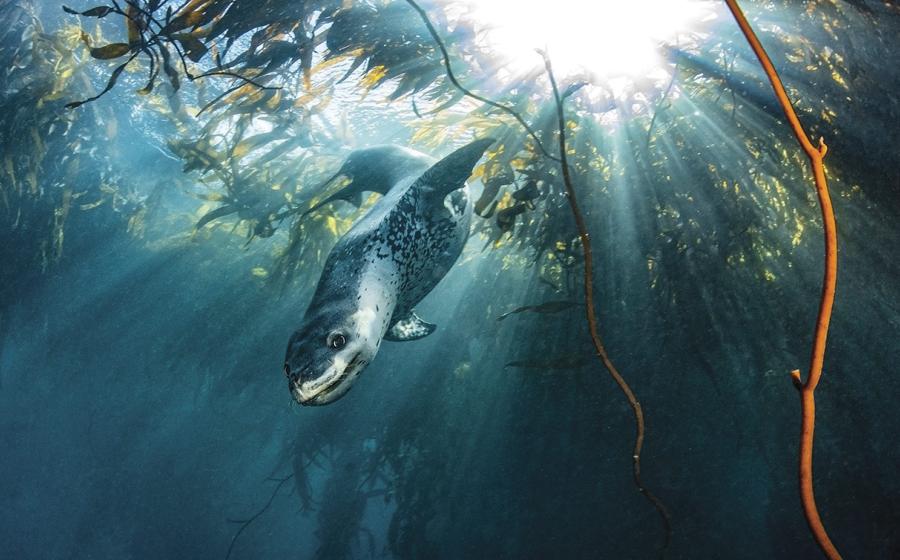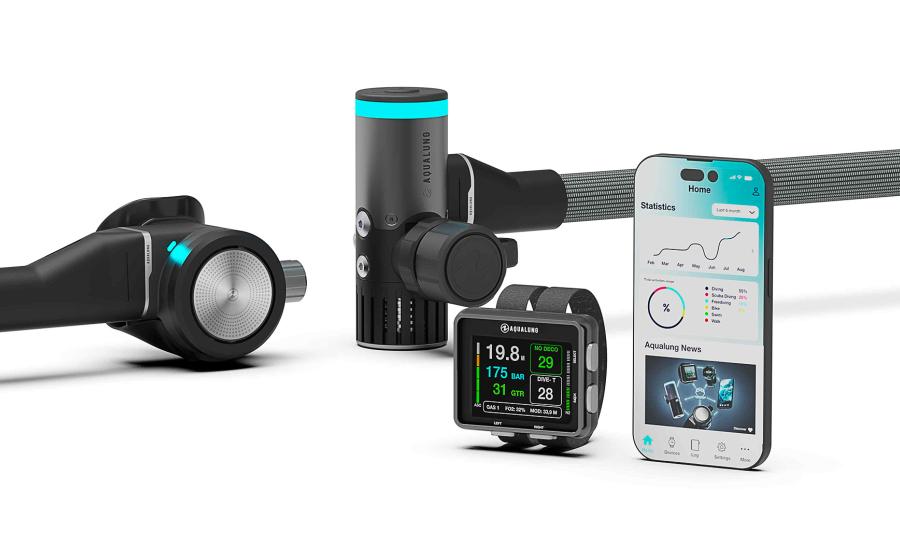Governing Bodies Work to Ban Microbeads Worldwide
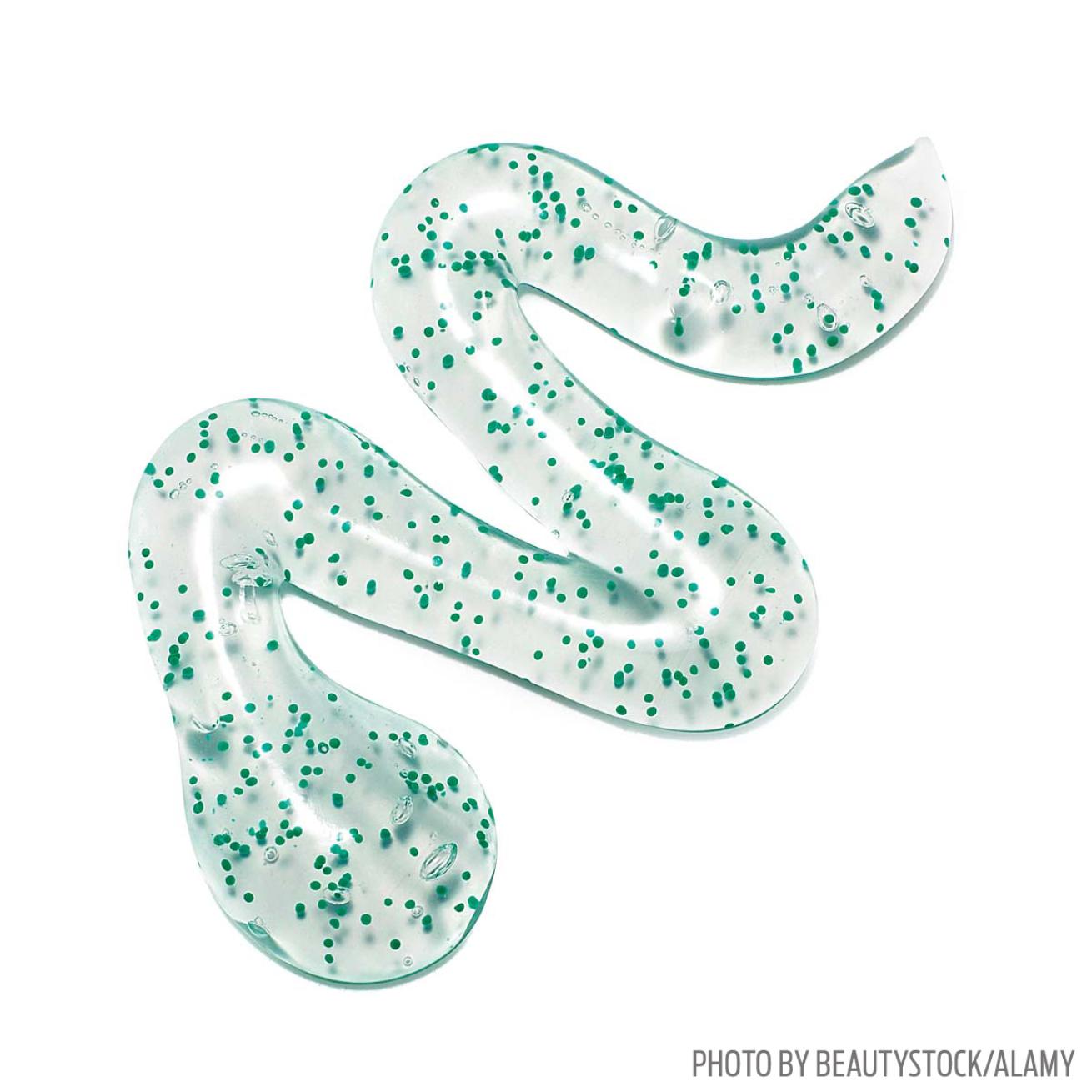
Photo by Beautystock/AlamyMicrobeads
Worldwide, the race is on to ban microbeads, the exfoliating plastic found in body washes and whitening toothpastes. These miniature spheres of polyethylene — small as grains of sand — slip right through the filters in wastewater plants. Washed down the drain, the tiny material can’t be recycled — and might take hundreds of years to completely degrade, if ever.
New York state alone found 19 tons were getting flushed into the wild every year. “In our waters, microbeads persist for decades, acting as sponges for toxic chemical pollutants,” explained a report from its attorney general’s office. “Mistaken for food by aquatic organisms, microbeads serve as a pathway for pollutants to enter the food chain and contaminate the fish and wildlife we eat.”
The United Nations Environment Programme joined the push to stop this pollution. “In a typical shower gel, there was roughly as much plastic material in the gel as in its packaging,” reported its 2015 Plastic in Cosmetics study.
Canada recently banned microbeads, and Illinois led the charge in the United States back in 2014, paving the way for initiatives in nine other states. California’s ban is set to begin in 2020. European countries are pushing for similar measures, and companies from L’Oréal to Colgate-Palmolive and Johnson & Johnson are voluntarily withdrawing plastics from personal-care shelves.
Want to help? Concerned citizens can make a difference too. Download the U.N.’s free Beat the Microbead app, which scans bar codes and gives conscientious beauty products the all-clear. For more, visit beatthemicrobead.org.

